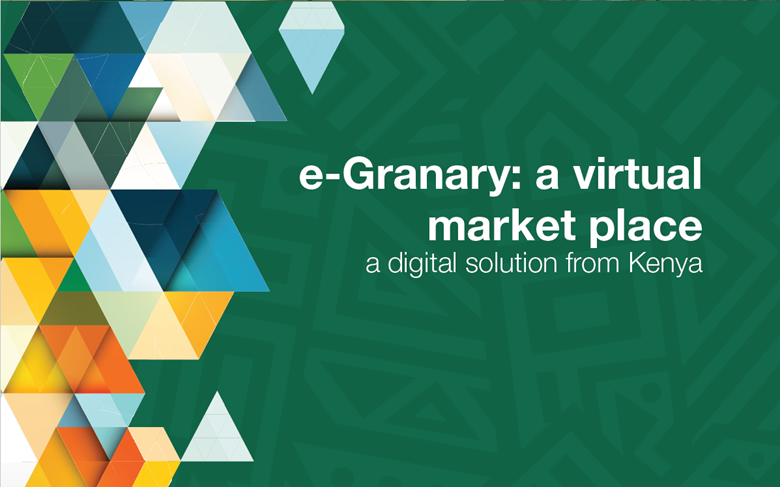Find contacts & inputs near you
This page gathers up-to-date spatial information on push-pull farms and contact centers for learning. Looking to learn about push-pull? Searching for seeds for planting? Scroll down to find current areas of push-pull farming, where to get inputs, training and join the market near you. Peek at environmental conditions maps (here) to see where you stand. You can also learn more online with the Push-pull App, Push-pull FAQ and our Knowledge repository.
Looking for how to do push-pull or farm sustainably in your area?
Find your local key contact point
UPSCALE Key PPT hotline contact points
Dickens Nyagol
icipe - Kenya
dnyagol @ icipe.org
+254722210174
ICIPE Mbita, Kenya
Moses Lutaakome
NARO - Uganda
mosesluta5 @ gmail.com
+256779587597
NARO - NACCRI, Namulonge, Uganda
Girma Hailu
icipe Uganda Coordinator - Uganda
ghailu @ icipe.org
+256778524647
icipe Country Office, Uganda
Ignath Rwiza
TARI - Tanzania
rwizaih @ gmail.com
+255754574190
TARI, Ukiriguru, Tanzania
James Mugisha
FH - Rwanda
jmugisha @ fh.org
FH, Kigali, Rwanda
Andargachew Detebo
ISD - Ethiopia
detebo.andargachwe00 @ gmail.com
+251911563495
ISD, Addis Ababa, Ethiopia
Shifa Ballow
icipe Ethiopia Office - Ethiopia
sballo @ icipe.org
+251911677158
ICIPE Country Office, ILRI, Addis Ababa, Ethiopia
Explore our Stakeholders database
Find your local Push-pull Knowledge Centre and Input Supplier
Led by in-country partners, strategic technology learning sites were established in all target regions, and new sites identified for technology expansion. The learning sites take the form of Village Knowledge centres (ViKCs), most of which also serve as physical demonstration sites. ViKCs are community resource centres, agricultural training centres, farmer teachers, and agricultural development agents. Most of the ViKCs are already existing structures. They are strategically located relative to target farmer groups to promote networking and inclusion. The ViKCs ideally include demonstration plots and are not restricted to UPSCALE focus regions. The centres are also used to monitor and evaluate feedback from farmers, and to track resulting adoption outcomes.

Seed Merchant

Knowledge Centre

Key contact points: UPSCALE National Coordinator Partners
Join your local community of practice around push-pull
The National Coordinator Partners (NCP) play a key role in the planning and implementation of the UPSCALE project in the five countries of sub-Saharan Africa. Their role cuts across all levels of activity, providing key support in the efficient organization of field work, field data collection, networking and dissemination among local communities and governments, and formation and spearheading of Multi Actor Communities of practice (MAC) around push-pull and sustainable intensification. Contact one of our NCPs (here) for more information on how you can join the multi-actor community and support the spreading of nature-based solutions in your region. Also, the locations of NCPs are shown in the map above.
Search for a contact in our Stakeholders database or download database here.
Find out how to do push-pull

To find out how to do push-pull, check the resources on this website (link), try the Push-Pull App (link) or check out the tutorials! (link)
This app helps you stepwise on how you can set up the push-pull farming system in your garden. Fall army worm, Striga and Nitrogen losses in maize and sorghum gardens will be no more when you use information in this application.
Push-pull farms near you
This is the distribution of all push-pull farms that local authorities of Ethiopia, Kenya, Uganda, Tanzania, Rwanda have recorded in selected regions. The selected regions in Ethiopia are Kewet and Dawa Chefa; in Kenya are Homa bay, Kisumu, Migori, Siaya, Kakamega, Vihiga; in Uganda are Kamuli and Iganda; in Tanzania is Mara; in Rwanda is Gatsibo.
Join the market with e-Granary
|
e-Granary secures supply contracts, giving farmers a predictable and consistent market. The platform connects smallholder farmers clustered in viable economic producer groups at one end, and large off-takers at the other end. This ensures farmers are paid fair prices for their commodities and enabled to sell in bulk since partner off-takers have the capacity to purchase large quantities. |

